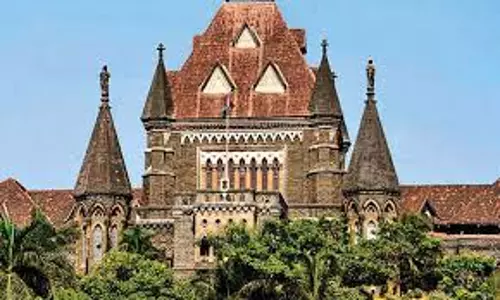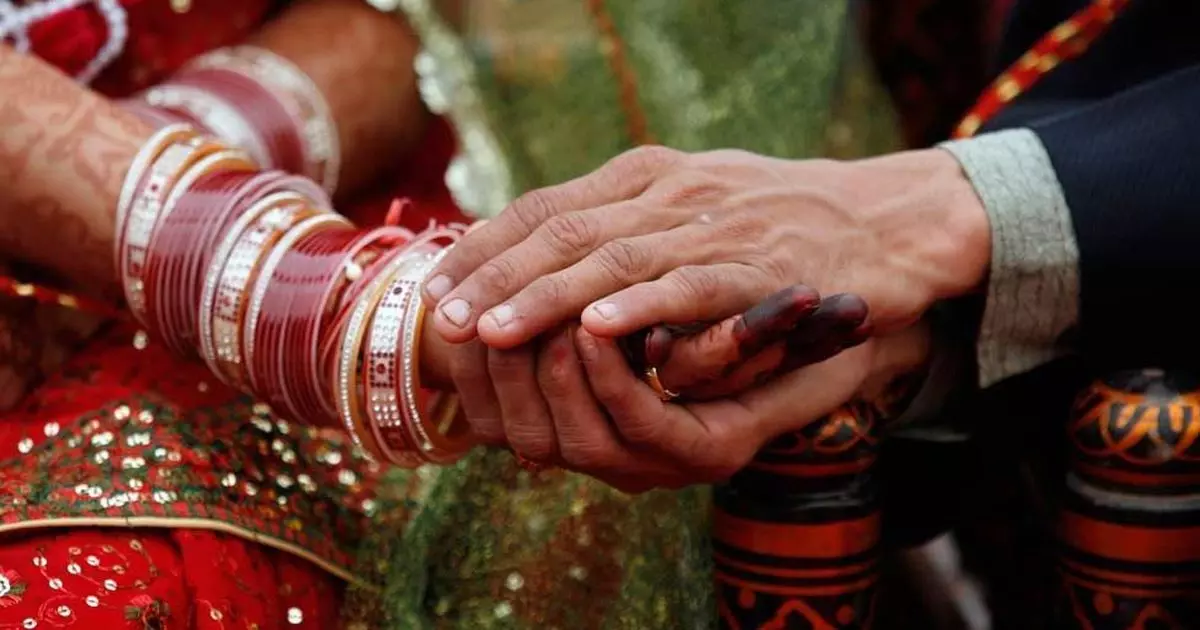
Marital rape: Supreme Court refuses to stay Karnataka HC rape trial against husband
text_fieldsThe Supreme Court on Tuesday refused to stay a Karnataka High Court order that allowed the trial of a man for allegedly raping his wife, Live Law reported.
As per reports, a bench comprising Chief Justice of India NV Ramana, Justice Krishna Murari, and Justice Hima Kohli passed an order of ad-interim stay of the High Court's judgment dated March 23, 2022, till the next posting date. The bench also stayed the trial proceedings in the Sessions Court based on the FIR lodged by the wife against her husband.
The High Court had pronounced the verdict while refusing to quash the FIR for marital rape. A single bench of Justice M Nagaprasanna held that Exception 2 to Section 375 of the Indian Penal Code - which exempts a husband from the offense of rape against his wife - is not "absolute". " A man is a man; an act is an act; rape is a rape, be it performed by a man the "husband" on the woman "wife", the High Court had observed.
Without making any pronouncement on the constitutionality of the marital rate exception, the High Court held that the exemption of the husband on committal of such assault/rape, in the peculiar facts and circumstances of this case, cannot be absolute, as no exemption in law can be so absolute that it becomes a license for the commission of a crime against society.
Aggrieved by the High Court verdict, the husband filed the special leave petition before the Supreme Court. The Supreme Court had on May 10 issued a notice in the husband's plea. However, the Court then refused to stay the judgment and trial proceedings. Today, the counsel for the wife had sought four weeks' time to file a counter-affidavit. The husband's counsel opposed the request for adjournment. In this backdrop, the Supreme Court granted ad-interim stay and listed the matter after one week. On a related note, a two-judge bench of the Delhi High Court had on May 11 delivered a split verdict on the constitutionality of marital rape exception. Appeals from that judgment have also been filed before the Supreme Court.






















